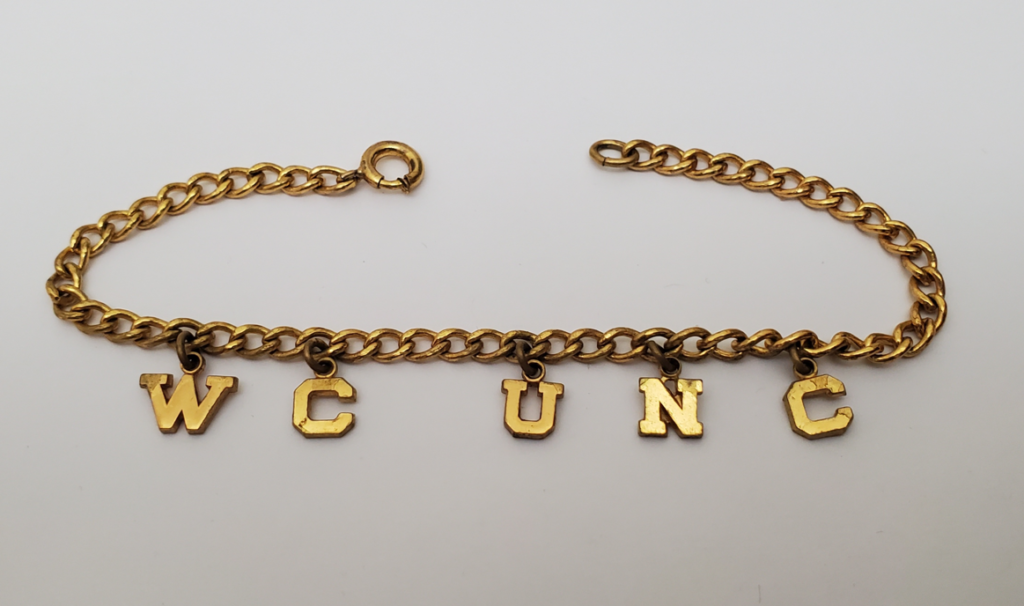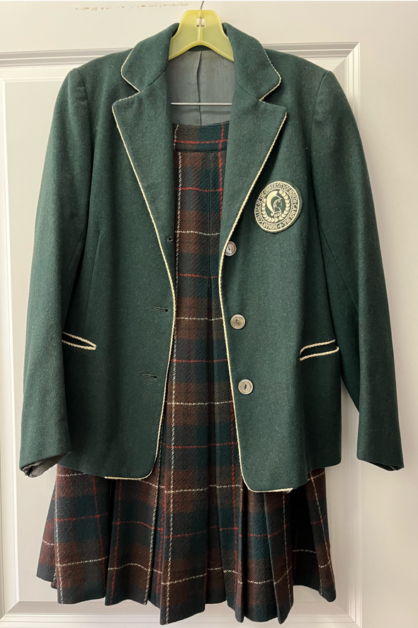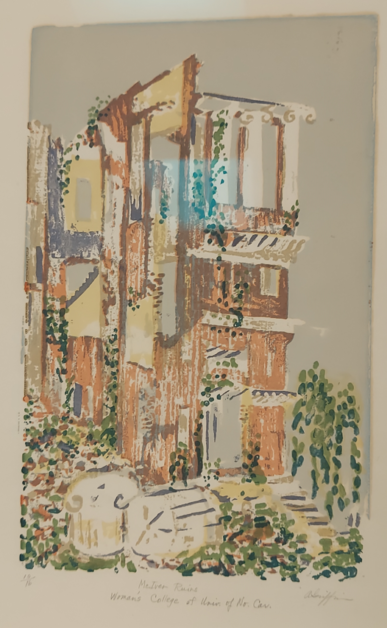RARE BOOKS
Rare Books recently purchased two works by Dr. Ulysses S. Doss (1933 – 2021), published early in his career as the founder of the second Black Studies program in the United States west of the Mississippi at the University of Montana (UM). His professional life included years of passionate service to the civil rights movement, professorship at UM, and community involvement. Coming from his experience as an ordained minister leading civil rights activity in Chicago’s west side, working with Black leaders including Martin Luther King Jr., Julian Bond, John Lewis, and Jesse Jackson, he believed that he could do the same at UM. His resolve is clear in this account:
The civil rights movement found Montana the year the program was born. As Doss tells it, UM students marched into the office of President Robert Pantzer to demand a black faculty member. Doss happened to be on campus at the time, and when Pantzer offered him a job, he reluctantly accepted. “It was obvious President Pantzer was under great pressure, and he didn’t quite know what to do with me,” said Doss. “He suggested I could be coach of the football team or instructor of humanities. I posted on my door that very day, ‘Director of Black Studies.’ ”
The program’s serendipitous start in 1968 made it the second black studies program established west of the Mississippi River. It seemed an implausible task, and recruiting students for class would become a full-time job, along with growing the program. 1
1 “Black Student Union.” Accessed February 18, 2022. https://www.umt.edu/black-student-union/about/Formulation of the BSU/default.php.
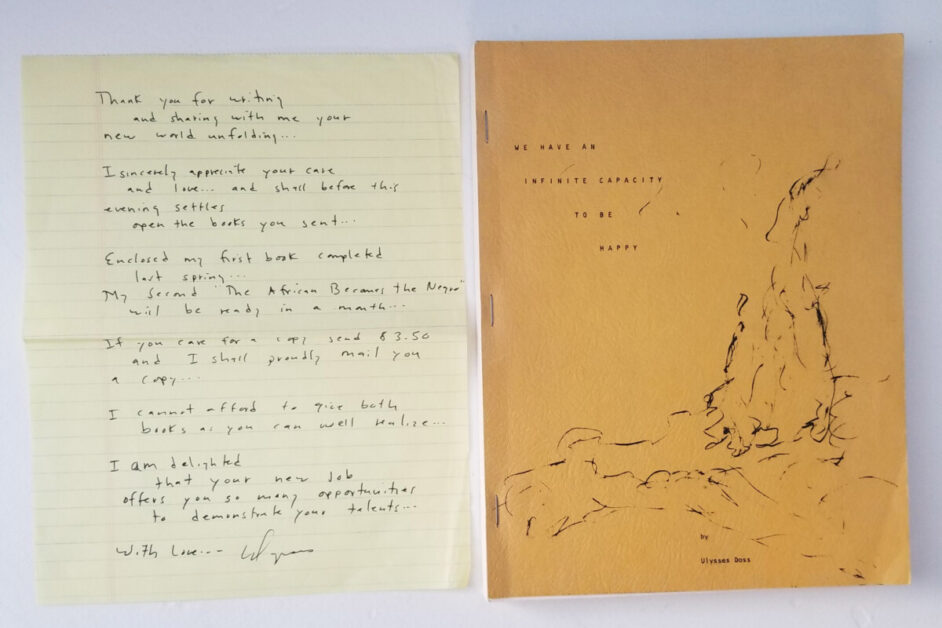
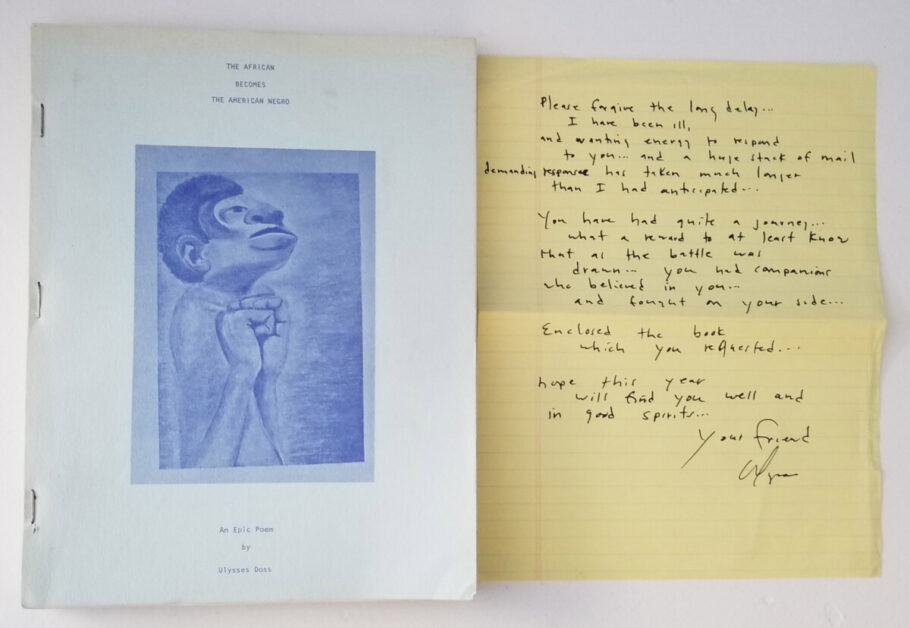
MANUSCRIPTS
Additions to the Hermene Warlick Eichhorn Papers
Hermene Warlick Eichhorn was a North Carolina born musician and composer. She was also an alumna of the Woman’s College of the University of North Carolina (now UNCG), where she studied piano under Mary Lois Ferrell and Wade R. Brown, and harmony and composition under George M. Thompson and Henry H. Fuchs. Eichhorn graduated with a Bachelor of Science in Music with a specialization in piano in 1926, and in organ in 1927. In 1926 Hermene married George C. Eichhorn and took a job as organist at Holy Trinity Church in Greensboro, North Carolina. In 1928 she began writing a weekly column called “Music Notes” in the Greensboro Daily News. She succeeded Wade R. Brown as Choir Director at Holy Trinity in 1937. Eichhorn was active in musical work in the state, as an officer of the Euterpe Club of Greensboro and a member of the Executive Board of the North Carolina Federation of Music Clubs. She specialized in writing for women’s voices and other choral ensembles, published works that received many performances, and won a number of awards for her compositions.
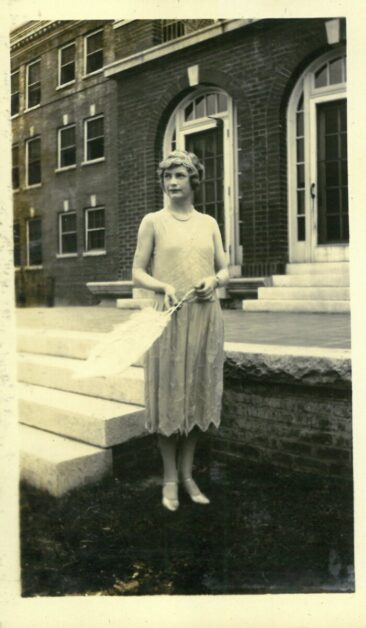
WOMEN VETERANS HISTORICAL PROJECT
The Kathleen Deschamps Poole Collection (WV#0696)
Kathleen Dechamps Poole (b. 1947), of Springfield, Illinois, served in the United States Women’s Army Corps in administrative services and as combat medic and a physical therapist from 1965-1973 during the Vietnam War. Her collection includes an oral history interview and a number of items collected during time stationed with the Office of Adjutant General, Headquarters, 1st Logistical Command in Long Binh, Vietnam from 1969-1970.
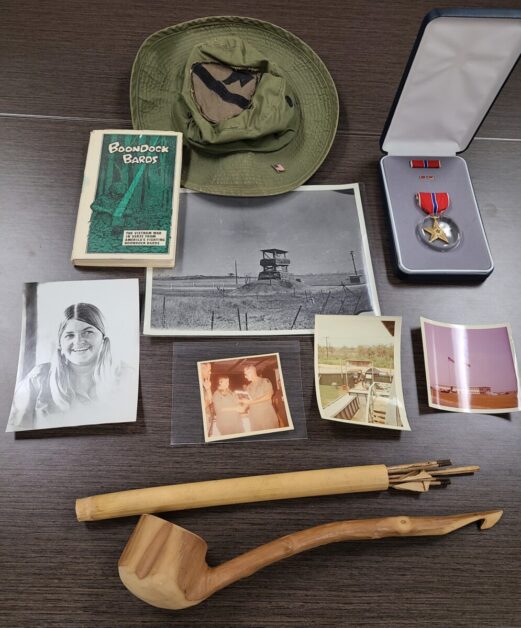
The Charlotte E. Ward Diary (WV#0715)
Charlotte E. Ward (1914-1988), of Delaware, Indiana, served with the United States Army Women’s Army Auxiliary Corps (WAAC) and then the Women’s Army Corps (WAC) from 1943-1945. In this diary she wrote about her experiences in the WAAC and WAC from January to October 1943 at Daytona Beach, Florida, Camp Polk in Louisiana, Fort Andrews outside of Boston, a camp outside of New York City, and with the 76th Post Headquarters Company, which was affiliated with the Eighth Air Force Bombing Command Headquarters in High Wycombe, England, the company was part of the first separate battalion of the W.A.A.C. to reach Europe, in July of 1943.
This is a very small diary, measuring only 4.25 inches x 3.25 inches. You can read about the custom made storage enclosure here.
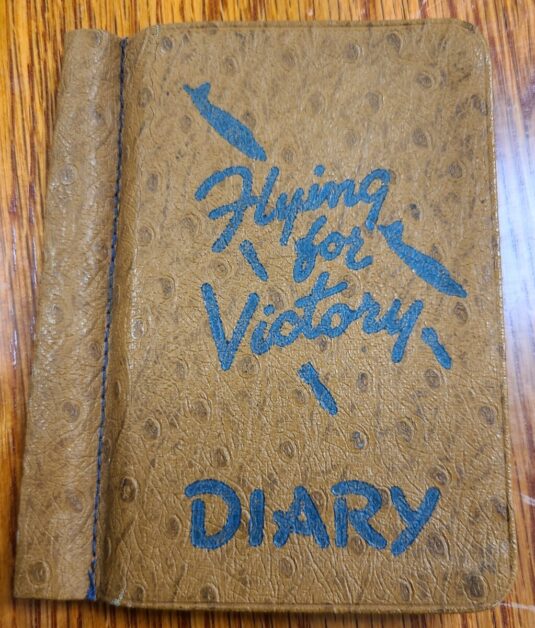
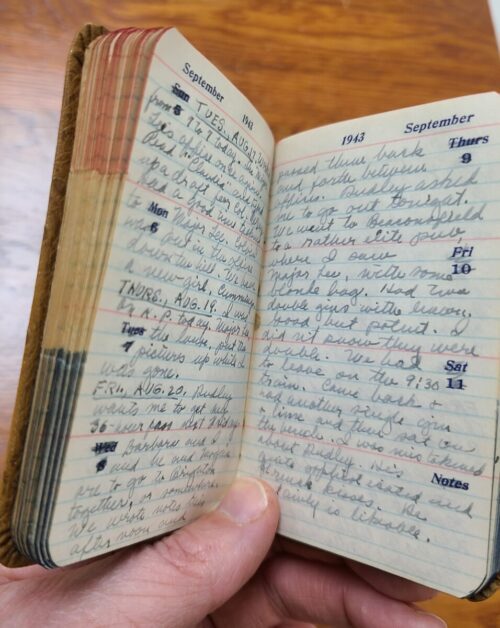
U.S. Navy WAVES Promotional Photograph Album (WV#0708)
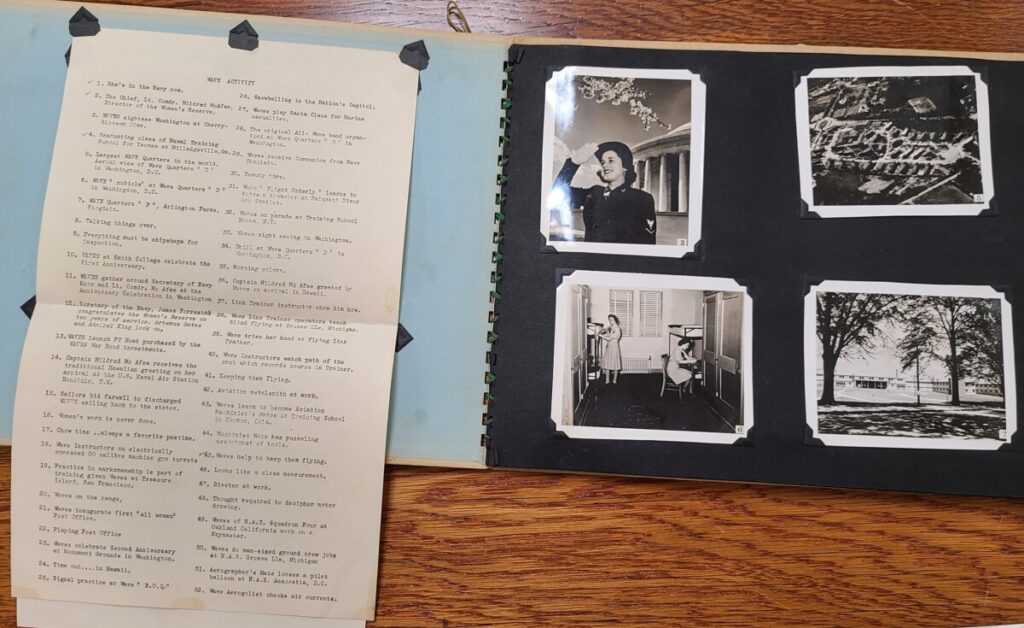
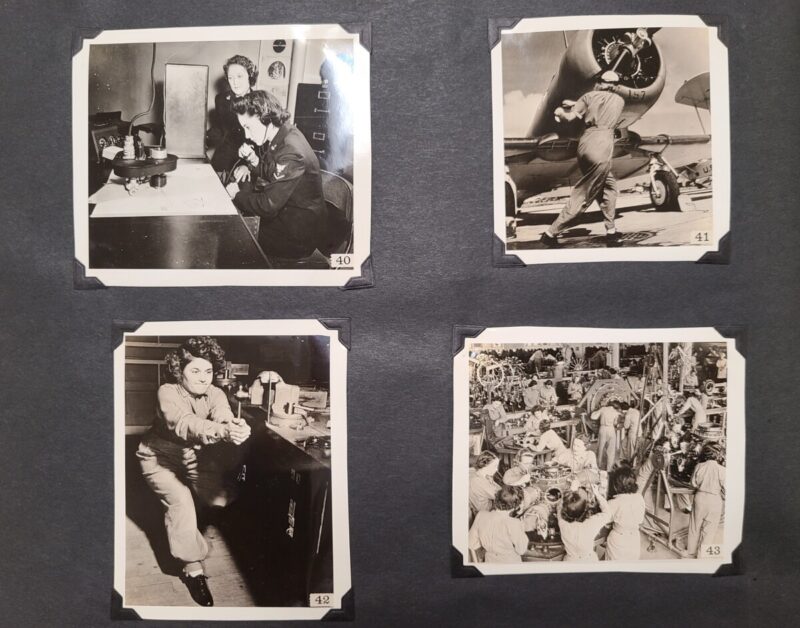
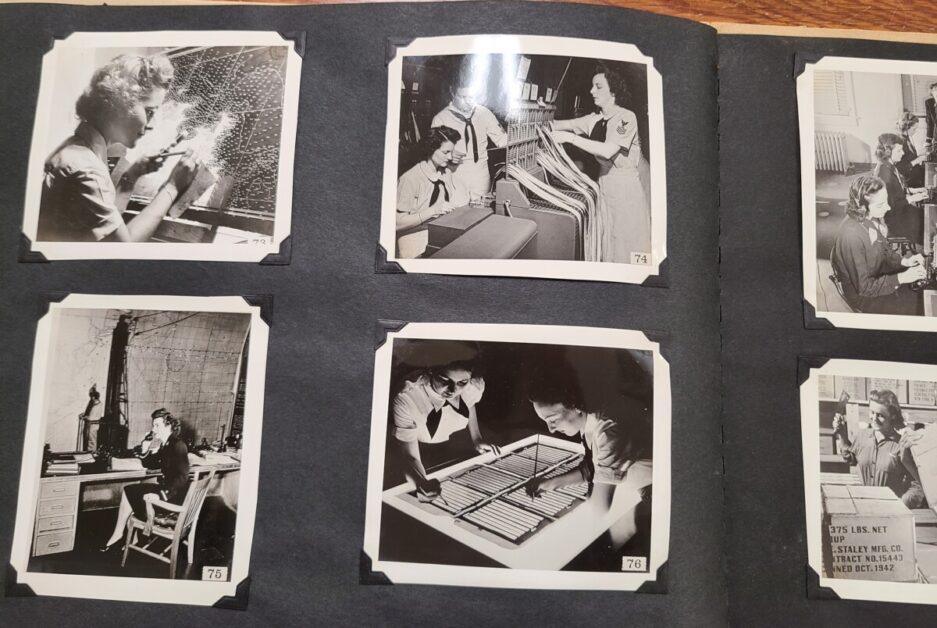
An album of WAVES promotional photographs that depict women at training or at work in the Navy WAVES during World War II. Affixed to the inside front cover are two mimeographed sheets headed “WAVE Activity,” printing numbered captions which correspond to each photo.
Erma G. Reidel Photograph Album (WV#0709)
Erma G. Riedel, of Saline, Michigan, served in the United States Army Nurse Corps from 1918-1919. Riedel trained at Fort Des Moines, Iowa and sailed to France in November, 1918 as part of “Replacement Unit Number 4.” From December 1918 to June 1919, she was stationed at Camp Kerhuon near Brest, France. The album includes over 250 photographs taken by Riedel during her Army Nurse Corps service. Included are images of soldiers and nurses at Fort Des Moines, Iowa and images of nurses, patients, buildings and wards at Camp Kerhuon, France. There are also photographs taken during her travels around France and Italy and of Riedel’s return voyage back to the United States.
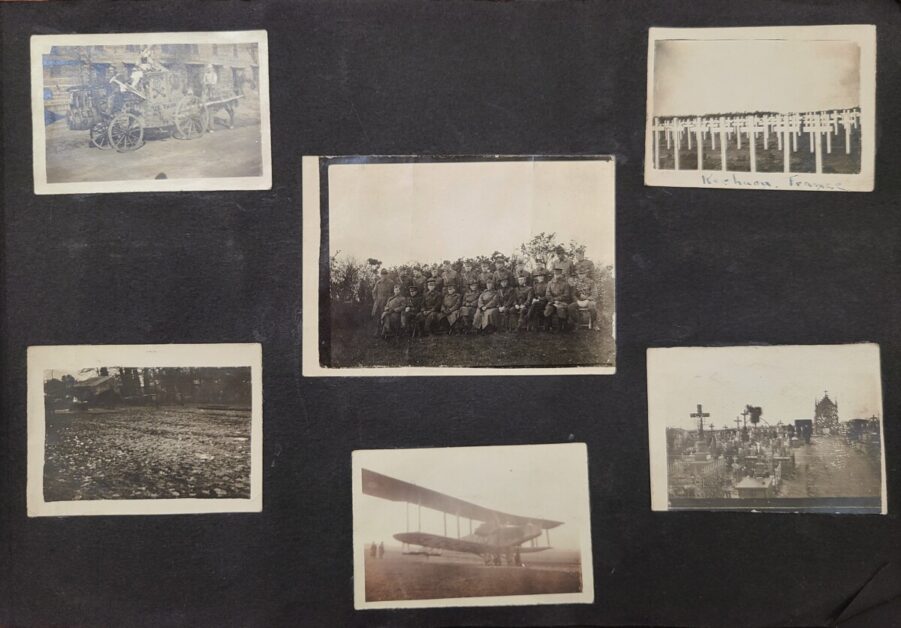
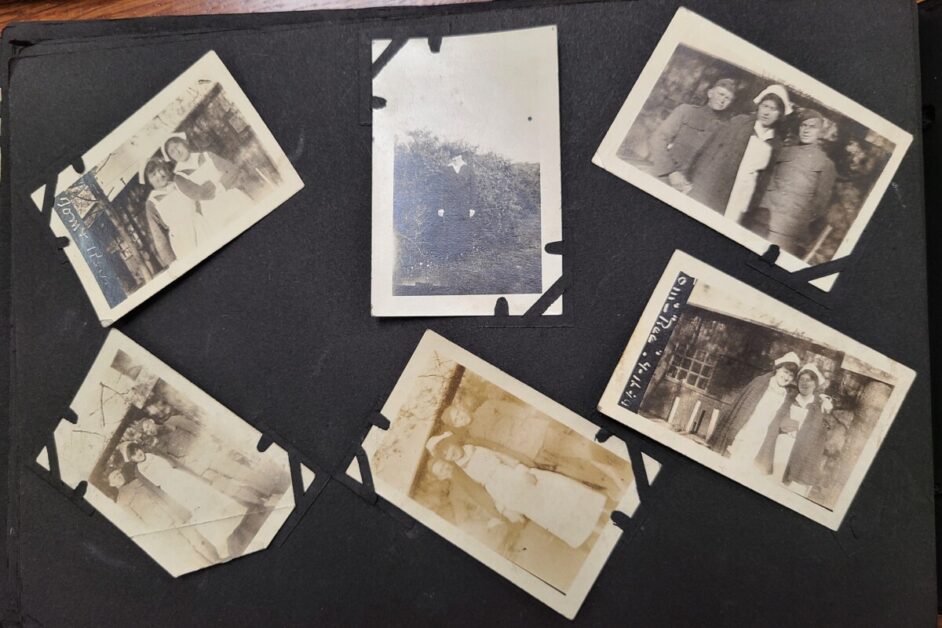
Marian Murphy Scrapbook (WV#0711)
Lieutenant Marian Murphy served as the executive officer for the Marine Corps Women’s Reserve Band during World War II. She was based with the band at Camp Lejeune, North Carolina and travelled with them when they went on tour. Her duties included the handling of orders and other paperwork, travel arrangements, and payroll. The 1944 scrapbook includes photographs of the Marine Corps Women’s Reserve Band at their home base of Camp Lejeune, North Carolina or on tour at Parris Island, South Carolina, Washington DC, Ohio, and Pennsylvania. These include images of concerts, rehearsals, the band on parade, the band’s tour bus, band members relaxing, a photo of the Women’s Reserve Dance Band (a swing band), photos of band director Charlotte Plummer, and more. Other items include six mimeographed concert programs for band performances, a small broadside promoting the band, two flyers advertising band concerts, a nine-page typed script for a 1944 NBC Radio segment featuring the band, a card signed by band members, and a mimeographed copy of a playful band “will.”
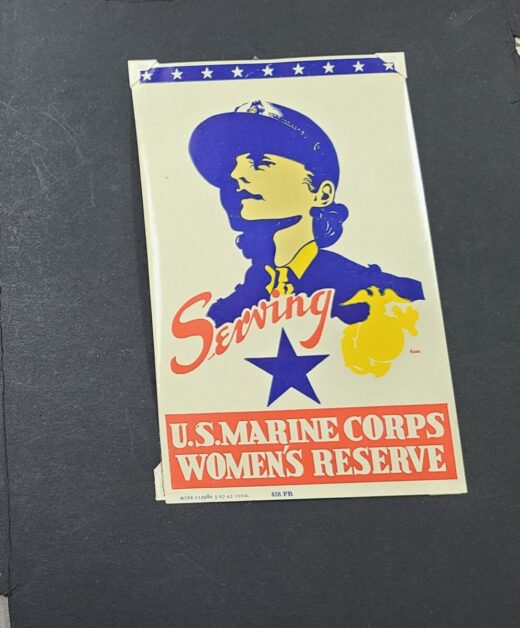
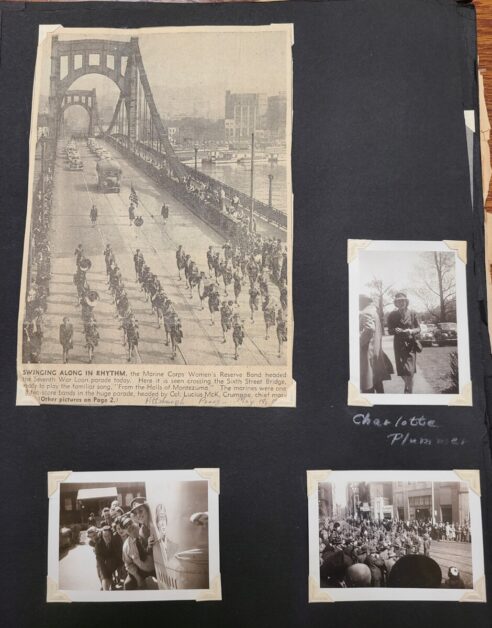
UNIVERSITY ARCHIVES
